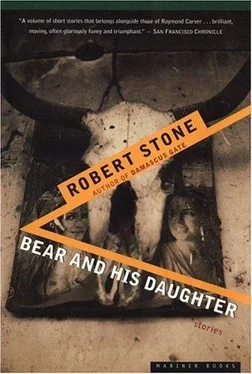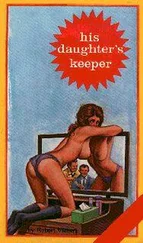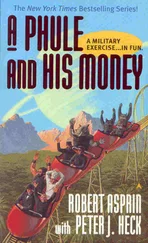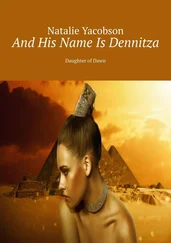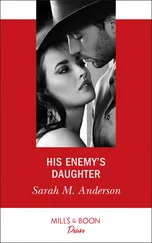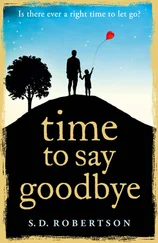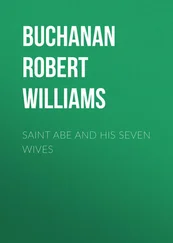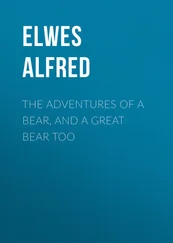He dreamed of being in trouble — trouble in boot camp, trouble at sea, trouble among the stacked books on college library shelves. He was forever doing things wrong. Wronging students, brother poets, women. The world was rotten with anger.
Once he half awakened to a kind of clarity. He was still trying to remember the poem about salmon. Never published. Lost.
And what they’ve seen!
The shimmer of the equatorial moon against still glass overhead
And leapt, breathless, headlong, a hair ahead of the needle jaws
Out into the breathing world under the blank blessing of the Southern Cross
Out under Cygnus, Hydra, Hercules,
Now close-hauled home.
It was red dawn when he came properly awake. He opened the car door and climbed out stiffly, shivering in the morning’s cold. He had to pop the trunk and pull out his old seabag from among the empty suitcases he kept there and rummage through it for a sweater warm enough. As he was pulling the sweater over his head, a few details of the previous night came back to him. He sat sideways in the driver’s seat with the car door open, feet on the ground, head in his hands. Then he looked up warily, wondering if he was still being stalked. But all that had happened concerned him less than the words of his lost poem.
It seemed a shame, he thought, to be denied the lake. He’ could feel its huge cold blue presence across the dark green zone beside the parking lot. There was no one in sight. Thirsty and sore, Smart climbed over the log fence into the gloom of the big trees. He found a trail at once and followed it. Only a few yards off the hotel lot the sense of deep forest closed around him. And the trail was so unlittered, it might have been backcountry. The hotel was not the sort whose guests took walks in the woods.
The trail led him to a granite ledge over the lake. In spite of the neatness of the trail, the lakeside was an untidy place, with spent Coors cans and pull-rings and a few crushed empty cigarette packs. Smart saw that a paved road led to the lake from the casino’s drive. Above the mists over the still water; an osprey circled like some omen in a shaman’s dream. The sun over the Washoes lit the white feathers beneath its wings.
He stood and watched the bird soar for a moment, then closed his eyes and breathed deeply.
Then he began to scramble down the granite ledge that led to the water. The lake was so still that there were barely wavelets against the rocky shore. In his morning thirst, Smart lay belly-down on the cold jagged stone and stretched out to drink. Pine needles floated in the shallows around him. He supposed it was inadvisable to drink the lake water but he was not in a mood to worry. It tasted sweet in his dry throat. Were there still landlocked salmon? There had been when he was a boy.
Their hulking gray bodies
Crisscrossed and creased with scars
Of hook and teeth, harpoon, gaff and winch and bullet—
They’ve survived the wolf shark’s circling, the bitch seal’s guile to feed her pups,
From the prison-yard frenzy in the ascending stifle of the net
These broke free.
Getting to his feet, he wiped his mouth with his woolen sleeve and looked about him like an outlaw. Anyone spotting him there, burly and furtive in the early morning light, might have been reminded of a bear prowling at the edge of human habitation. In a stiff-legged lope, favoring his sore back, he hurried to his car. For a while he sat in indecision, hands on the wheel, breathing hard. Looking at his watch, he saw that it was after six. No longer too early to call his daughter, who lived within the State Natural Monument area, five hundred miles to the east and north. He drove for several miles along the road that circled the lake until he found a strip mall with a pay phone. From it, he called his daughter Rowan, named for the rowan tree. In the very first ring of her phone he could sense the desolation and terrible magic of the place she lived, the trailer under the stars, the fields of lava.
“Hi,” said a man’s voice when Rowan’s line was answered. The casual response had a drawling near-insolence, somewhat mitigated by the softness of the speaker’s voice. Smart recognized his daughter’s friend and fellow ranger John Hears the Sun Come Up. John was a Shoshone from the reservation adjoining the monument who had gone east to college, at Beloit, and come home to work for the Park Service.
“John? Will Smart. What’s new, brother?”
“A little here, a little there,” said John Hears the Sun Come Up. “We been expecting you, sort of.”
“Sort of?”
“I was surprised you were coming. Rowan, she says she always knew. Anyway, we got your phone message.”
“Is it all right?”
There was a hesitation, and Smart was surprised and a little offended by it.
“Sure. She’s real excited. Yeah,” John said in his unhurried manner. “Real excited. I hope you have got some poems to read us.”
“I would never come empty-handed,” Smart said. “Tonight all right? I should be able to cover five hundred miles.”
“Out here you should be able to cover a thousand. Just be careful.”
“Oh, I will be,” Smart said. “I’m sober again.”
By lying, he had sought to reassure John. But he had also been trying to find out if Rowan, who shared his difficulty with alcohol and drugs, was on or off the wagon.
John seemed to understand.
“That’s real good,” he said. “Rowan’s been sober a lot. But now she got a raw deal from the service. She got transferred to law enforcement and she’s real pissed off.”
“Law enforcement!” Smart exclaimed. “That’s ridiculous.”
“I know it,” said John, “especially considering her. But, you know, they’re short-handed. They’re putting everybody in law enforcement. Biologists and historians. Men and women both. So she’s pissed off. It’s not for her.”
“Right,” Smart said. He supposed all this must mean she was drinking again. Possibly doing the crank brought over from the Pacific coast or made in the desert by bikers. “The public’s getting out of line, I guess.”
“Oh,” John said, “the public’s apeshit. So the state’s bringing in Rowan.”
“That’s escalation all right,” Smart said. “When does she start enforcing?”
“She starts patrol tomorrow. This is her last day at the Temple.”
The Temple was a small cavern in which red and blue stalactites and stalagmites in fantastic shapes lined a volcanic tunnel that led to a platform of black lava that somehow resembled a table of sacrifice. Everyone from the Shoshone to the mountain men and early Mormons had regarded it with a certain dread. Standing as it did amid the three-square-mile tortured moonscape of black cinder lava, the tunnel, in its sacerdotal spookiness, seemed close to artificial. It was the centerpiece of the park and Rowan always concluded her ranger-guided walks there.
“I’ll be damned,” said the poet Smart. “Well, tell her I’m on my way, would you, John?”
“Sure will.”
Not long after starting his drive, he felt cheated of everything the morning might have provided. A little interior clarity and light. Hope.
He had taken the first drink in Flagstaff, his second stop, a margarita before dinner when they had all gone out for the famous, fabulous Mexican food — he and the professors and the attractive woman librarian who had attended what they had been pleased to fatuously call his “craft lecture.” He had taken the drink because he could see that the librarian was attracted to him, ready in fact to sleep with him that night if he should make the move. But he was afraid of not performing, of impotence.
He put the big lake behind him and took the interstate eastward, through Reno and into the desert. Trucks roared past him, the highway weariness oppressed. Brown peaks lurked on the edge of vision, a sad wind blew across the creosote plain. Smart tried to remember his poem. There was a part he could not recall, about predatoriness, the fish living in the sea as men do on land. At Winnemucca, he left the interstate and drove north.
Читать дальше
